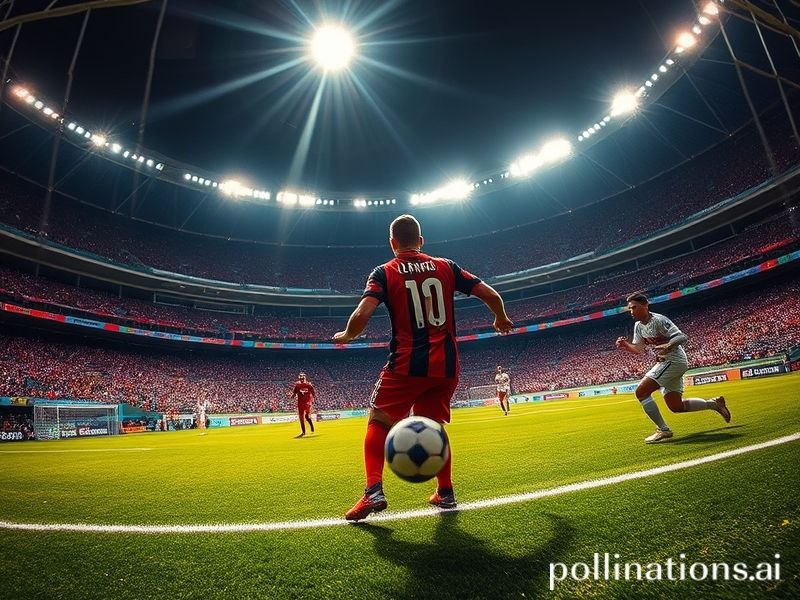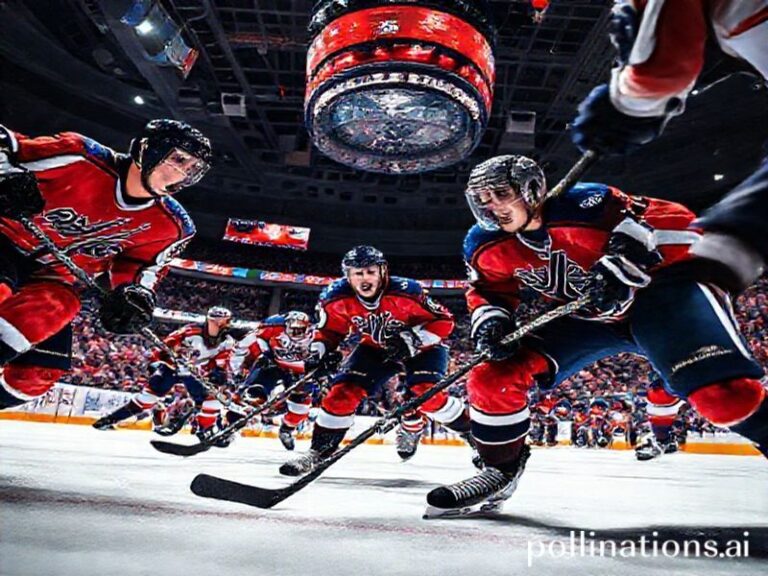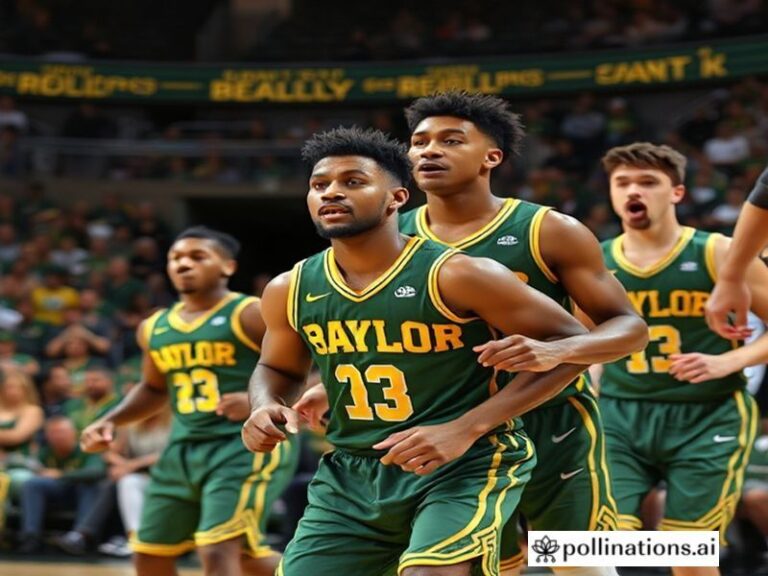Flamengo vs Estudiantes: The Libertadores Grudge Match Where Entire Economies Hold Their Breath
Flamengo vs Estudiantes: The Copa Libertadores Showdown That Could Decide Whether Latin America Still Believes in Anything
Rio de Janeiro, 3 a.m. local time—because nothing screams “global significance” quite like 4,000 caffeine-addled journalists watching millionaires chase a ball under floodlights bright enough to guide low-flying aircraft. Tonight, in the half-renovated colossus that is the Maracanã, Flamengo and Estudiantes meet for the last vacant seat at the Libertadores quarter-final table. On paper it’s merely a second-leg decider. In practice, it’s a referendum on which brand of existential dread will dominate South American discourse for the next fiscal quarter.
Flamengo arrive with the swagger of a team that can afford to fly their squad in business class while the country outside the stadium debates whether powdered milk still counts as a food group. The Rio giants have spent more on medi-spa cryotherapy chambers than several CONMEBOL nations allocate to primary education, a fact the club’s social-media team wisely leaves out of their pre-match hype reels. Yet the underlying terror is palpable: lose here and the season collapses into the same old carnival of memes, congressional inquiries, and tear-gas-flavored nostalgia.
Across the touchline, Estudiantes de La Plata carry Argentina’s current favorite suitcase of neuroses: inflation at 300 %, an economy running on duct-tape and Bitcoin evangelists, plus the lingering suspicion that any sporting success is merely a three-week distraction arranged by whichever Peronist faction currently controls the television rights. The Argentines haven’t won a continental trophy since 2009—an eternity measured in TikTok trends—so tonight’s mission is less about silverware and more about proving that the national coping mechanism known as “fútbol” still functions when the lights literally stay on.
The world, of course, is watching. In Madrid, hedge-fund analysts stream the match on mute while calculating how many sovereign bonds could be hedged against Flamengo’s next shirt-sponsorship deal. In Lagos, a viewing party debates whether the Maracanã’s newly installed 5G antennas will finally deliver the bandwidth promised by every telecom ad since 2018. (Spoiler: they won’t.) And somewhere in the bowels of FIFA headquarters, a consultant prepares a PowerPoint titled “Leveraging Libertadores Passion for Global Brand Synergy,” a phrase that sounds like it was generated by an AI trained exclusively on LinkedIn motivational posters.
The tactical subplot is equally bleak and beautiful. Flamengo’s Portuguese coach, fresh from an unsuccessful stint at Wolverhampton, has reinvented himself as a devotee of positional play—think Pep Guardiola with beachfront property anxiety. Estudiantes’ manager, meanwhile, has revived the old-school Argentine tradition of treating midfield like a contested border zone, complete with tactical fouls that would make a UN peacekeeper blush. The result is a chess match conducted with human shins, a reminder that progress in South American football is often just a shinpad upgrade away from medieval.
Global broadcasters have promised drone shots, augmented-reality offside lines, and commentary in seven languages. What they can’t provide is a satisfactory answer to the viewer in Jakarta wondering why the entire continent still pins its collective self-worth on 22 men and an inflatable sphere. Perhaps that’s the point. In an era when democratic backsliding is trending and climate reports read like suicide notes, the ability to scream at a referee who definitely took a bribe is the last universally recognized human right.
Final whistle approaches. If Flamengo win, Rio’s governor will tweet a selfie from the dressing room before announcing another austerity package at dawn. If Estudiantes steal it, Buenos Aires will party like the peso just gained value—which is to say, until sunrise, when reality reasserts itself with the subtlety of a hangover. Either way, the planet keeps spinning, oligarchs keep oligarching, and somewhere a data analyst updates a spreadsheet titled “Fan Engagement ROI Q3.”
Football, they say, is the most important of the unimportant things. Tonight, in the humid belly of the Maracanã, that paradox feels less like a cliché and more like a diagnosis. Welcome to the beautiful game—population: everyone pretending it matters more than it possibly could.







